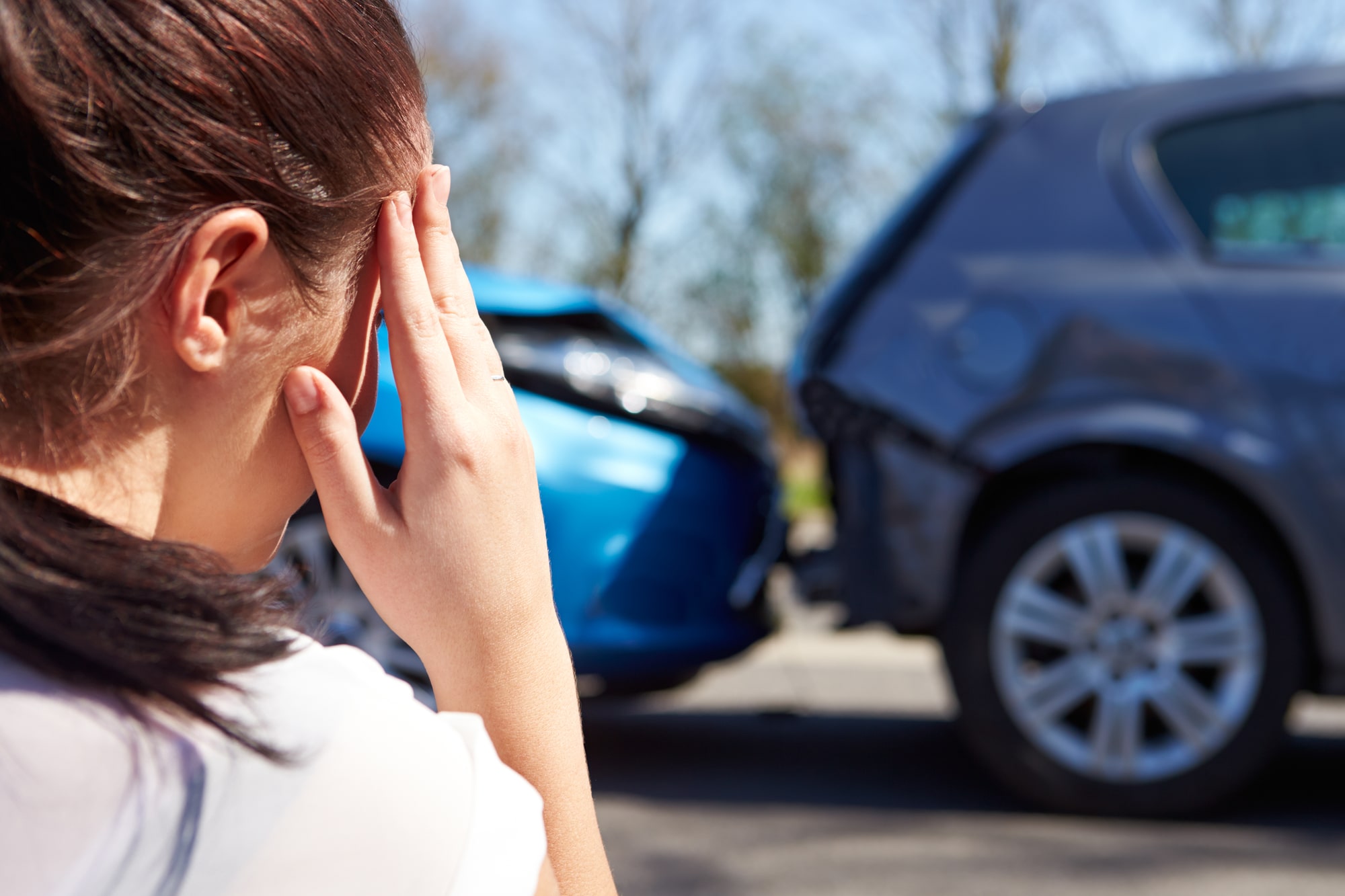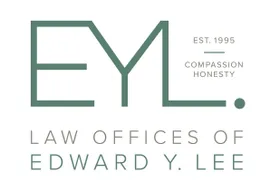The Importance Of Proof In Your Auto Collision Claim

When you are involved in an automobile collision, the path to securing compensation for your damages hinges significantly on the quality and quantity of proof you can gather. This proof forms the backbone of your claim, illustrating not only the events that transpired but also the extent of your losses and injuries. It is important to understand the challenges that come with assembling such a crucial set of documents. Thankfully, a car accident lawyer can help guide you through the process.
Gathering Comprehensive Documentation
The first step in building a strong claim is collecting all relevant documentation immediately following the incident. This includes police reports, witness statements, and photographs of the scene. The police report is particularly vital as it provides an official account of the events, often including the officer’s observations and the identification of any traffic laws that were violated.
Photographs are equally critical as they capture various aspects of the accident scene that may later be altered or repaired. These can include positions of the vehicles, visible damages, skid marks, road conditions, and traffic signs. Witness statements can help corroborate your version of the events, adding credibility to your claim.
Medical Records Are Key
Medical documentation is another pillar of a robust legal claim. Immediately seeking medical attention after an accident not only ensures your health is monitored but also provides a professional record of your injuries. These records should detail the initial assessment, any diagnoses, treatment plans, and prognoses, all of which demonstrate the direct impact of the accident on your physical well-being.
Moreover, maintaining a detailed record of your recovery process, including follow-up visits, physical therapy, and any psychological services, underscores the enduring consequences of the accident. This ongoing medical evidence is indispensable in quantifying your claim and justifying your need for compensation.
Proving Liability Through Detailed Analysis
Proving another party’s liability is often contingent on demonstrating negligence. This is where the collected evidence plays a crucial role. It is crucial to piece together a timeline of the accident that aligns with traffic laws and safety protocols, identifying any deviations by the involved parties. This analysis often involves reconstructing the accident scene, utilizing expert analysis when necessary, and cross-referencing against the factual evidence gathered.
Financial Documentation To Support Your Claim
In addition to medical costs, you should compile documentation related to any other financial losses incurred due to the accident. This can include repair bills for your vehicle, receipts for rental cars, and documentation of lost wages if the accident affected your ability to work. Such financial records are essential to establish the economic impact of the accident, further strengthening your compensation claim.
Seek Support
As you can see, each piece of evidence serves as a critical building block in constructing a comprehensive claim following a car accident. Dealing with the aftermath of such an event can be overwhelming, which is why legal professionals such as Cashio Injury Attorneys, LLC are here to assist you every step of the way. A car accident lawyer is committed to gathering the necessary proof, analyzing it thoroughly, and presenting a compelling case on your behalf.
If you or someone you know has been involved in a car accident, do not hesitate to reach out for support. Contact an attorney today to discuss how they can help you build a solid claim and work towards the compensation you rightfully deserve. Strive for a resolution that acknowledges the full extent of your losses and aids in your recovery process.
Note: The information provided in this blog post about injury car accidents in Los Angeles is for general informational purposes only and should not be considered legal advice.
Disclaimer: No attorney-client relationship is established by accessing or using this information. Readers should consult with a qualified attorney for advice specific to their situation. The authors make no representations regarding the accuracy or suitability of the information provided and disclaim any liability for reliance on it. Laws and regulations may vary and are subject to change.



